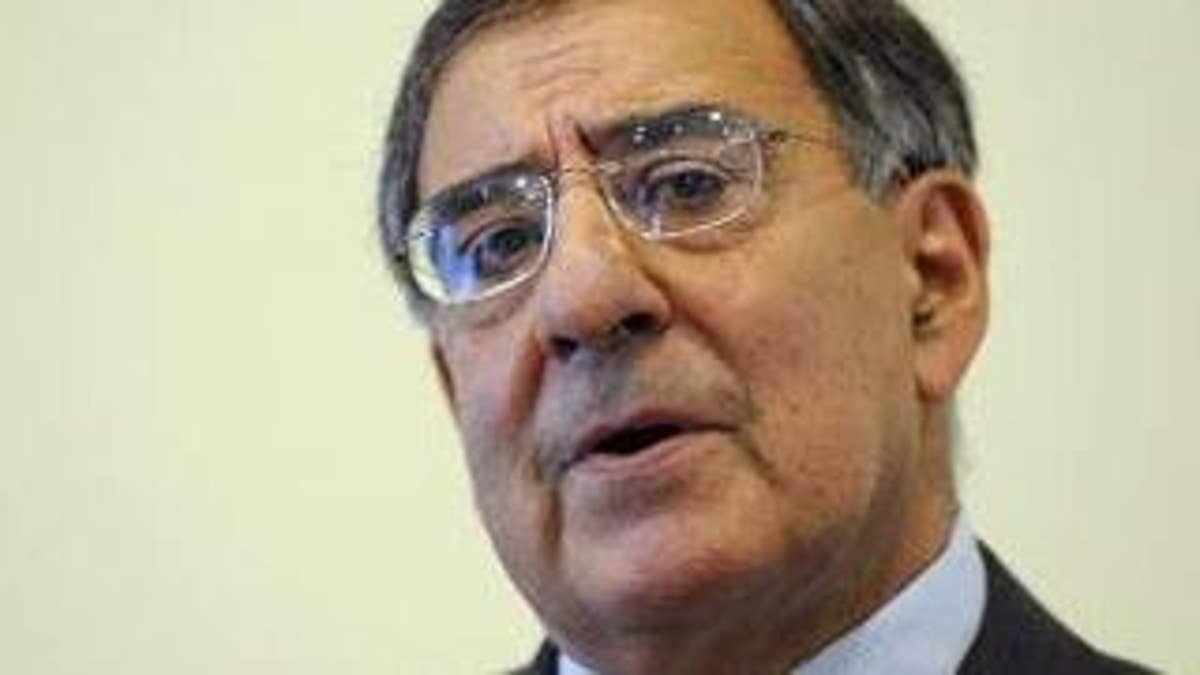
Most of the details behind a White House plan to grab oversight authority over detainee interrogations still need to be ironed out, but critics already are questioning the logic behind the move to yank responsibility from the CIA and hand it to a potentially political and bureaucratic unit.
The changing landscape for how the United States handles terrorism suspects is unmistakable.
Under task force recommendations that President Obama intends to follow, a new High-Value Detainee Interrogation Group will be housed in the FBI and subject to oversight from the White House-based National Security Council.
The head of the unit, while not named, reportedly will be an FBI official and this official, the White House says, will report directly to FBI Director Robert Mueller.
Attorney David Rivkin, a former Justice Department official and frequent critic of the reversal of CIA practices, said the shift brings the fight against terrorism "full circle" to a time when it was treated largely as a criminal crackdown.
"This is a full return to Sept. 10 mentality," he said.
Rivkin argued that since the FBI's focus is on collecting evidence for criminal prosecutions, not intelligence gathering, it is ill-suited to conduct these interrogations. He added that the FBI is lacking the kind of contacts with foreign intelligence agencies the CIA maintains.
But the administration insists that the new unit will comprise interrogators from several agencies, including the CIA, and will continue to focus primarily on "intelligence gathering." It will not be a de facto FBI operation, officials say, and the shift will not be a coup against the CIA.
"The High Value Detainee Interrogation Group (HIG) is designed to be a multi-agency group, not a sub-unit of the FBI or the Justice Department," Justice Department spokesman Dean Boyd said in a statement. "Thus, while the HIG will be housed administratively within the National Security Branch of the FBI, the group will be staffed by elements of the intelligence community, and will receive policy guidance and oversight from the National Security Council."
White House spokesman Bill Burton said Thursday that the president approved the new group because he considered it the "best way to take down some of the barriers to sharing some of the most important information."
But with barriers coming down, critics suggest operations could be hampered by a too-many-cooks kind of hierarchy and put the White House in a position of micro-managing the process.
"Once you have direct knowledge of day-to-day activities coming into a central location near or at the White House, there's a tendency, almost a temptation, to meddle in actual field activities, such as LBJ calling in to commanders in rice paddies in Vietnam what he wants to have done that day," said Tony Shaffer, a former Army intelligence officer who conducted interrogations in Afghanistan, referring to President Lyndon Johnson's tactics to manage the Vietnam War.
"The National Security Council staff doesn't have, in my view, the expertise to be in the interrogation business," said former National Security Adviser Richard Allen. "And then, of course, there are the issues of the FBI, how it works and has traditionally worked with the CIA -- not all that well, as we know."
Senior administration officials said earlier in the week that the CIA will still be a "key player," and that the White House will not be involved in any "tactical decisions."
But a lot of questions remain unanswered: Who will conduct the interrogations? Who will lead the unit? Where will the questioning take place?
What is known about the new unit is mostly limited to the details provided in the official task force recommendations. The task force says the specialized unit will exist to "coordinate the deployment of mobile teams" of interrogators and other experts to conduct interrogations of high-value terrorists. The goal is to use that information to prevent terrorist attacks.
Officials said no decision has been made on a director. They said the specific interrogators will be decided on a "case-by-case" basis. And while it's still being determined where the interrogations will take place, the controversial practice of rendition -- where prisoners are transferred to foreign governments -- will continue, they said.
On this subject, Rivkin said one possible outcome of the new structure is that the administration would use rendition more and more. Officials, though, said the administration will make sure it has assurances that prisoners sent to other countries through this process "will not be tortured."
To some, the decision to create the new unit is just the latest chapter in the systematic dismantling of CIA authority and morale.
Following the announcement of the new unit and the decision by Attorney General Eric Holder to probe alleged prisoner abuse under the Bush administration, former Vice President Dick Cheney blasted both decisions. He said in a statement that they serve "as a reminder, if any were needed, of why so many Americans have doubts about this administration's ability to be responsible for our nation's security."
CIA Director Leon Panetta has expressed frustration at the politically charged environment. But the CIA and administration have dismissed speculation that he could be on the way out.
CIA spokesman George Little on Thursday brushed off the notion that the controversy and changing landscape is hitting home for CIA personnel.
"The CIA is no stranger to controversy. It comes with the territory and always has. Frankly, most people shrug it off and devote themselves to the essential work of protecting the nation. This agency is America's first line of defense overseas, and it's that mission that drives our officers -- not the latest headlines in Washington," he said.
FOXNews.com's Judson Berger and FOX News' James Rosen, Mike Levine and Catherine Herridge contributed to this report.




